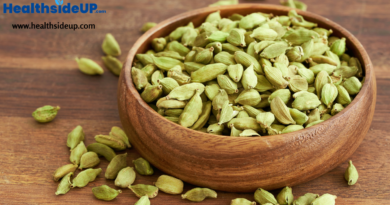Katla Fish
Katla fish, scientifically known as Catla catla, is a species of freshwater fish native to South Asia, particularly India, Bangladesh, and Nepal. It is an important and popular food fish in the region, known for its nutritional content and benefits. Katla is a large freshwater fish with a deep, compressed body. It typically has a silver or greyish color with a slightly yellowish tinge on its scales. Katla has a small head and a broad mouth. Katla fish are typically found in rivers, lakes, and ponds in South Asia. Katla fish are primarily herbivorous and feed on plankton, algae, and various aquatic plants.
Benefits and Nutritional Contents of Katla Fish:
Katla fish is rich in essential nutrients, making it a valuable addition to the diet. Katla is an excellent source of high-quality protein, which is essential for muscle growth, tissue repair, and overall body function. Katla fish is relatively low in fat, making it a good option for those looking to manage their fat intake. While not as high in omega-3 fatty acids as some fatty fish like salmon, Katla still contains beneficial fats that are associated with heart health and reducing inflammation. Katla is a source of various vitamins and minerals, including B vitamins (such as B12, niacin, and riboflavin) and minerals like phosphorus, which is important for bone health.
Culinary Versatility: Katla fish can be prepared in various ways, such as frying, grilling, curries, and steaming. Its mild taste makes it versatile for various culinary dishes. Katla fish holds cultural and culinary significance in South Asian cuisines, featuring in various traditional dishes and festivals.
In some regions, Katla fish is also farmed, supporting the sustainability of the species and providing a consistent source of fish. When consuming Katla fish, it’s important to consider the source and quality to ensure you get the most nutritional benefits. Cooking methods can also impact the nutritional content of the fish, so choosing healthier cooking methods, such as grilling or baking, can help maintain its nutritional value. If you have specific dietary or health concerns, consult with a healthcare professional or nutritionist for personalized advice.


